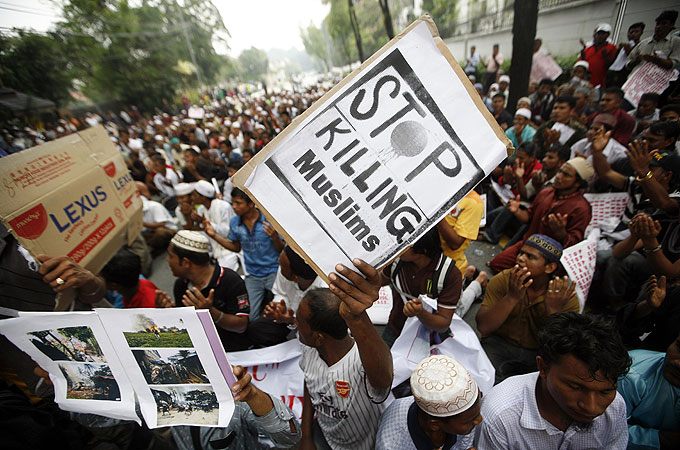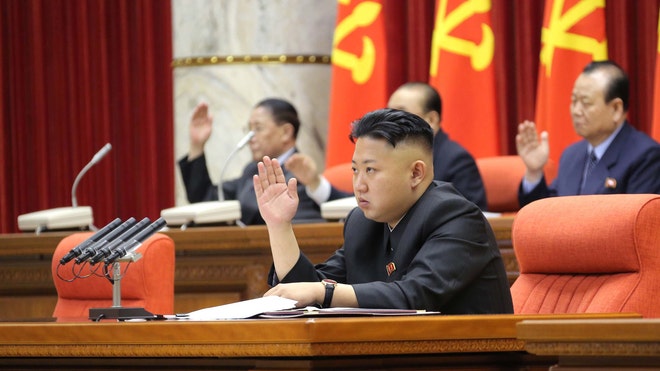It's our fault, the
media’s fault. We are experts at making huge deals of a sand grain while failing
to realize about the huge mountain in front of us. While everyone -including
us- is looking to Pyongyang, silence prevails in other parts of Asia such as
Burma.
In Korea there has not
been yet a single shot, a single death, nor more refugees or displaced in fifty
years. Nevertheless, hundreds of foreign correspondents have traveled to the
area to tell that absolutely nothing has happened. In the meantime, the
Rohingya suffer a very real conflict that gets silenced.
Burma's case is
especially flagrant. There are currently several active conflicts against
various ethnic minorities in the country. The Karen, Shan, Kachin and Rohingya
are just four of the groups that are currently fighting the government in
Yangon.
The Karen are an
ethnic group divided between Thailand and Burma. Since 1976 they have been fighting
for their own state or, more recently, at least greater self-government.
Relationships are clearly better than a few years ago and last week both sides
sat down to negotiate.
That doesn’t mean they are in good terms.
The Shan’s situation
is slightly better. They have some degree of autonomy and its own army, but they
are subject to the central government. However, both the Shan and the neighboring
Kachin have been abused by the majority Bamar that governs Burma. Unlike with the
Karen, tension with these two groups has increased
in recent weeks.
But the most significant
case is that of the Rohingya. Not only they are different ethnically, as the
rest of the other groups, but also on the religious level. The Rohingya, mostly
Muslims, have suffered all sorts of attacks against their properties and their people
for years by the country's Buddhist majority.
In 2012 these attacks increased
exponentially. And they do not respect anything or anyone. In early April, a
school with 70 children burned down in what appears to be an unprovoked attack.
Thirteen of the children died in the fire.
The seriousness of the
issue has led some to declare that what is occurring in Burma is nothing less
than ethnic cleansing. However, little or no response has been made by the
international community.
It is particularly
striking that the Nobel Peace Prize Aung San Suu Kyi has
not said anything about it. If we take into consideration how the
international media are usually always listening to everything she says, her silence
is the more disturbing. The once ardent defender of human rights in Burma seems
to prefer silence and turn a blind eye in the case of the conflict with the
Rohingya.
The Burmese central
government has called the Buddhist New Year celebrations to demand national
unity. But in the current situation that is more of an utopia than reality. The
main concern for Yangon is to prevent the ethnic conflicts to endanger the much needed flow
of foreign investment.
What will happen to
the country’s ethnic minorities is secondary. Problems endemic to the region,
such as amputees by landmines,
forced
labor with refugees and sex
tourism are already threatening the Shan, Karen, Kachin and Rohingya. And
no one seems to care about it.







 4/16/2013
4/16/2013
 Ehiztari
Ehiztari






 Twitter
Twitter Facebook
Facebook Flickr
Flickr


